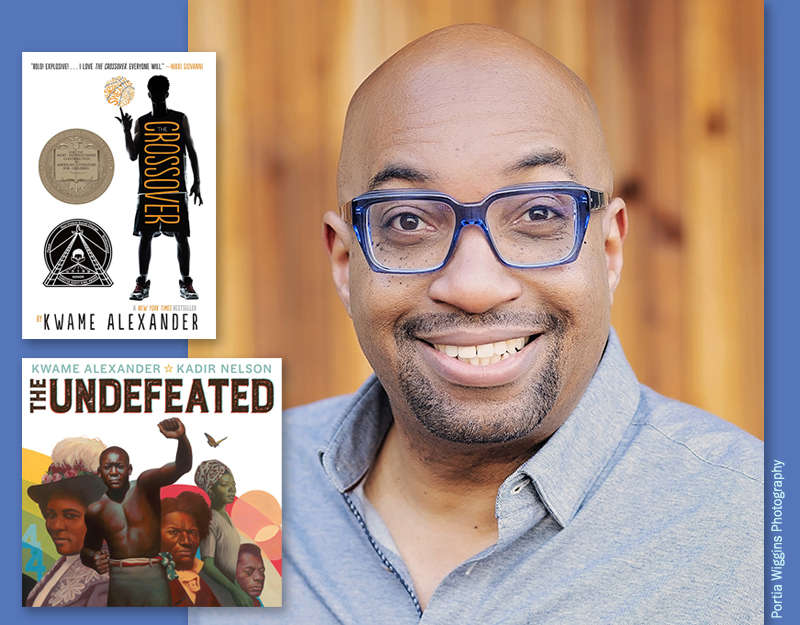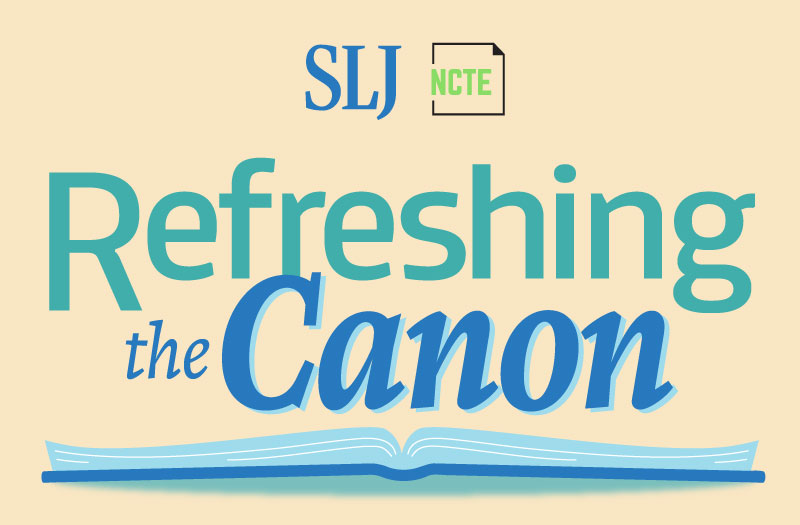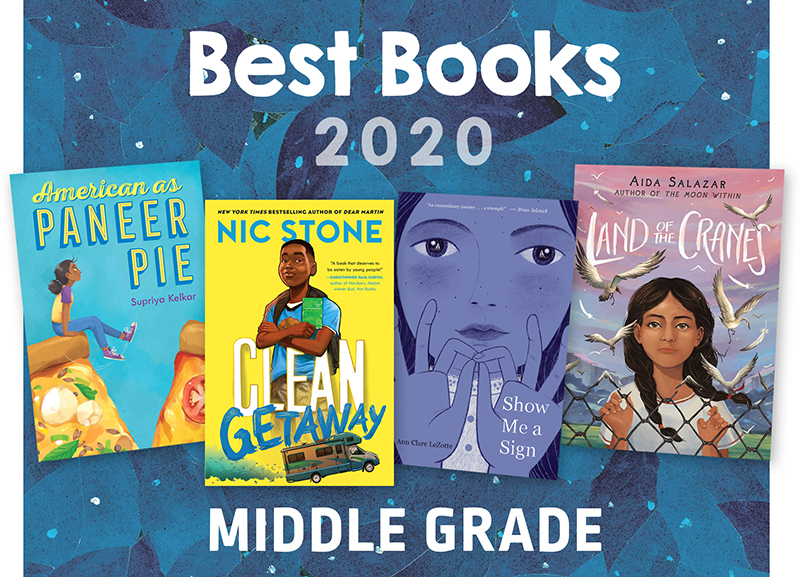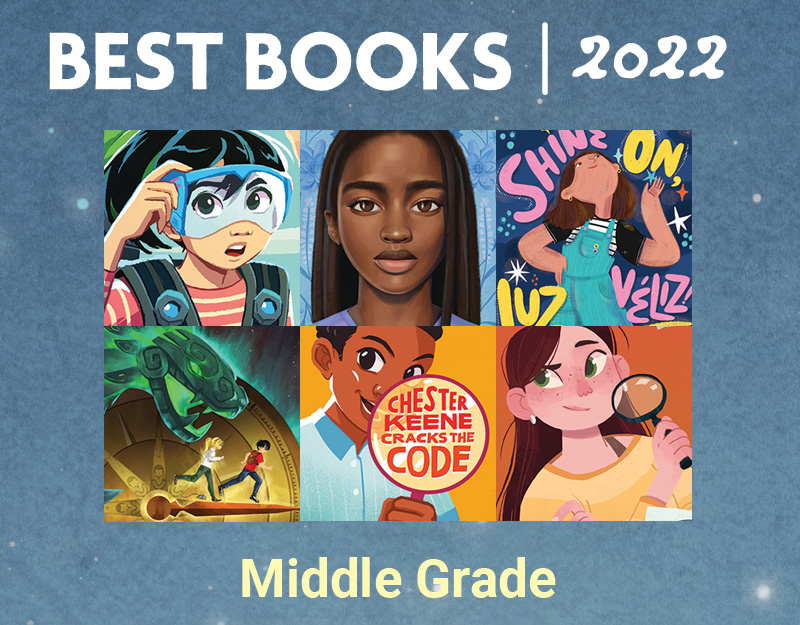Take 5: Things to Keep in Mind While Doing Virtual Programming
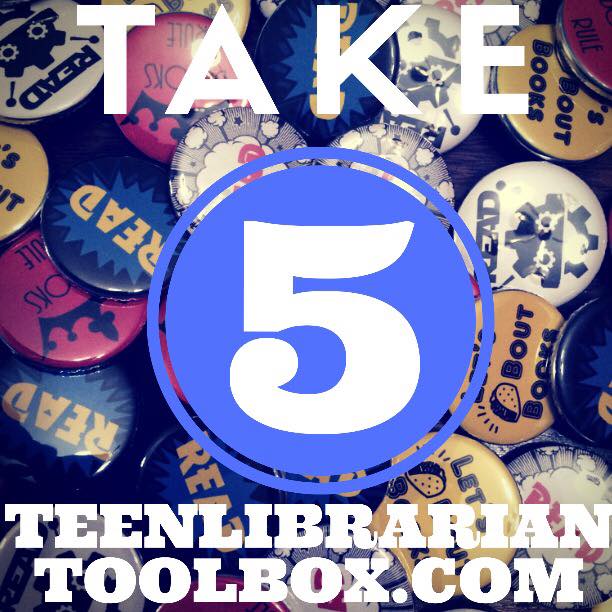
Because of the pandemic, most libraries have taken their programming online and I’m in a lot of online groups where we are talking about the who, what, where, and how of virtual programming. Necessity is, as they say, the mother of invention and a lot of library staff are finding themselves trying to figure out how to reach their library patrons with their buildings closed. We live in a world where being together is suddenly quite dangerous which makes programming hard. Online seems like a natural – and safe – answer to this new world. Here are 5 thoughts I’ve had about virtual programming.
Consider Resources in the Home and Your Audience
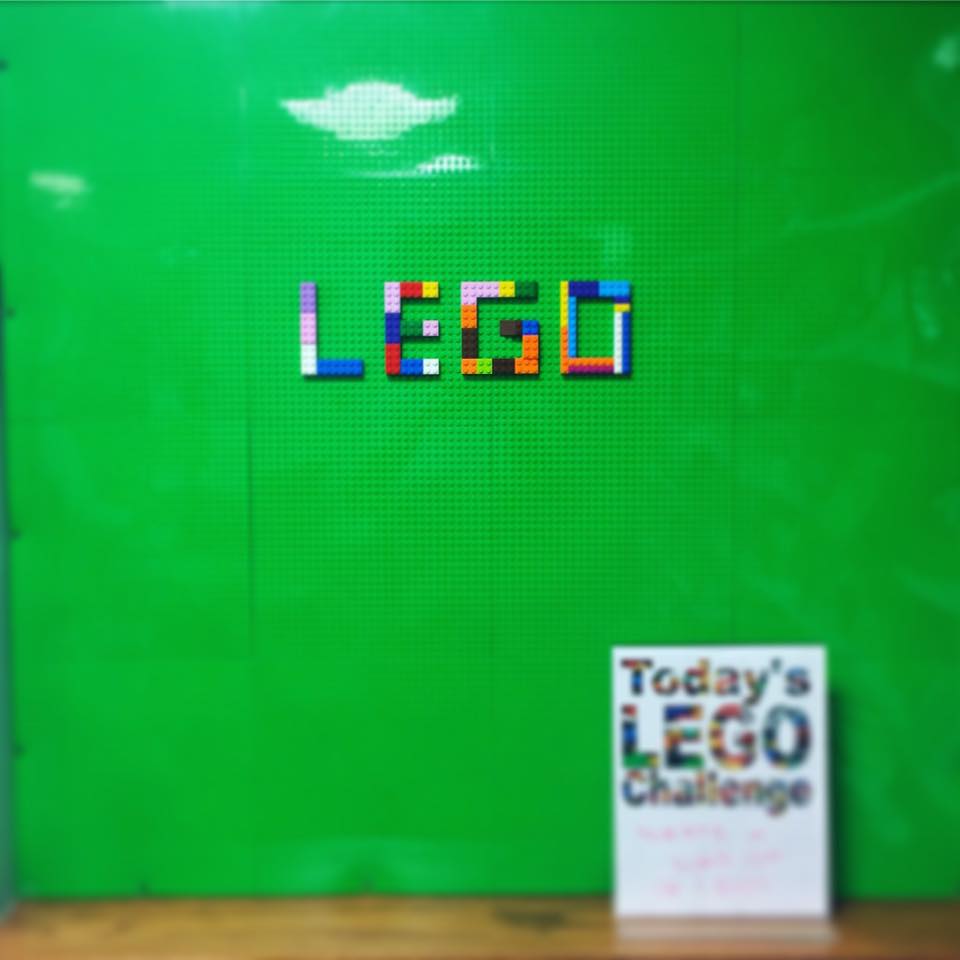
The problem with pivoting to exclusive virtual programming is that although we know that right now it is the safest way to do programming, we also know that it leaves out a lot of our most vulnerable patrons. Access is and always will be an issue that libraries wrestle with, it’s one of our founding principles, and it should be one we consider when doing virtual programming as well. So when you are doing DIY and craft program tutorials online, please consider who you are reaching and what kind of impact it may have. Use as few resources as possible and keep in mind how readily they are available in most homes. For example, I saw a library that had taken their Lego Club online and this will be challenging because Legos are expensive and a lot of kids won’t have Legos at home, which is part of the reason that they come to a Lego Club in the first place.
ADVERTISEMENT
ADVERTISEMENT
Programs that use inexpensive objects that can be found in the most number of homes is the ideal. And you’ll want to avoid using resources that are scarce right now like toilet paper rolls, flour for baking, etc. Simple paper crafts like cootie catchers and origami are ideal because they are cheap and a lot of homes have some kind of paper, even if it’s scrap paper waiting to be tossed.
Use the Right Tools
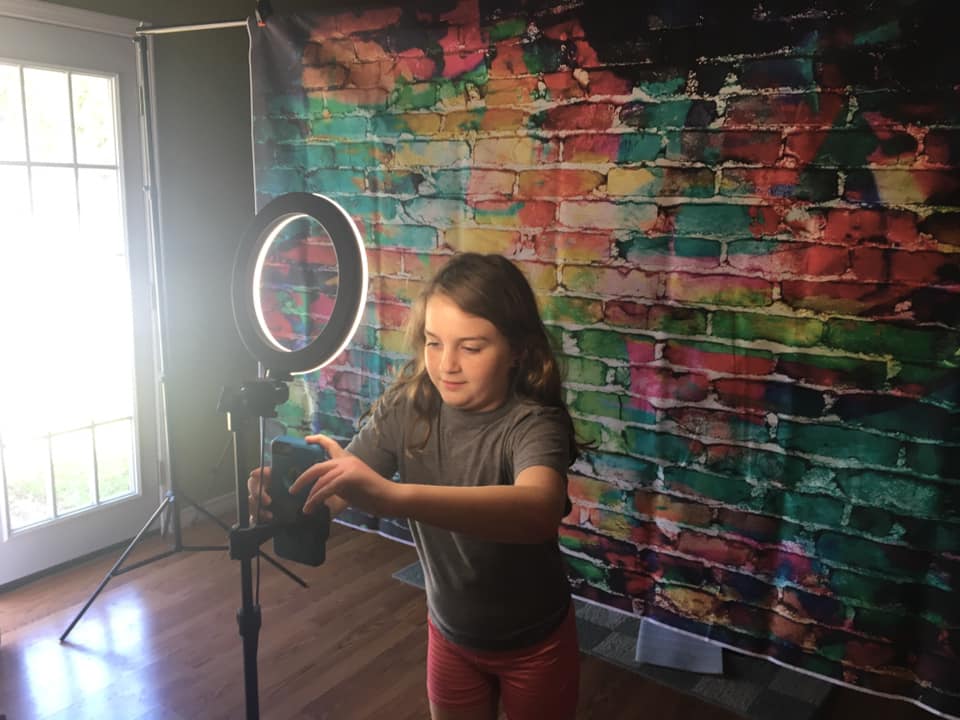
There are things I really like about virtual programming and I think now, libraries were missing a trick by not doing more virtual programming and doing it more often. Yes, I know that there have been libraries making and sharing video content online for a while, but I think one thing we are learning is that this is a way for us to increase our library profile and engage with different library users. I think more libraries will keep some type of virtual programming in place and it is here to stay, which is good.
However, one thing I have learned is that you must use the right tools. This is hard, because a lot of us were thrown without knowledge or warning into this nightmare scenario, I get that. But moving forward, libraries should work to make sure their staff have the right tools. This includes things like good lighting, backdrops, a tripod to hold your recording device, etc.
And speaking of tools, librarians should not be using their personal tools to be doing their jobs. They should especially not be using their personal cell phones because it is my understanding that using your personal device for work can make it open to public records requests. You’ll want to check into that before you use your personal device for work.
Respect Your Staff

I have seen some discussion on various forums about whether or not we should or can force staff to be online for virtual programming. Some staff members have a variety of personal reasons why they may not feel comfortable presenting themselves online. Body image issues, safety issues, privacy issues – there are a lot of reasons why staff may not feel comfortable recording themselves and posting those videos online. And I think they are valid and should be considered with great care. Remember, online is far reaching and forever and it is not the same as local and in person.
In these discussions I saw at least one manager reply that this is what programming librarians signed up for and that is not exactly true. Unless it was specifically discussed in the job description or interview or offer, most programming librarians sign up to do in person programming and stortyimes, which is quite different from what you are seeing happen now. I would argue that a lot of librarians need more coaching and training to pivot to effective virtual programming because it is not the same as in person programming. It requires different knowledge and skill sets including knowing how to plan for virtual, how to engage with a virtual audience, and the technical capability to put together and edit a good virtual program.
Again, there are libraries and librarians that have been doing amazing virtual programming and engagement for some time, but if this is new to your library or staff, it’s not fair to just assume that everyone is on board or that they have the skillset necessary to be good at this. If it’s new to your library, there are a lot of things to keep in mind including your staff’s personal boundaries regarding being online. There are ways that you can create virtual programming that can be effective and engaging without asking your staff violate their personal online boundaries. Tasty, for example, has been making amazing cooking tutorials in which we never see a person’s face. There are ways to balance staff talents and concerns and still make engaging virtual content. Help your staff work through and develop the type of virtual programming that works best with their skillset, keeps their concerns and boundaries in mind, yet helps the library reach all of its goals.
Think Long and Hard About Doing Live Virtual Programming
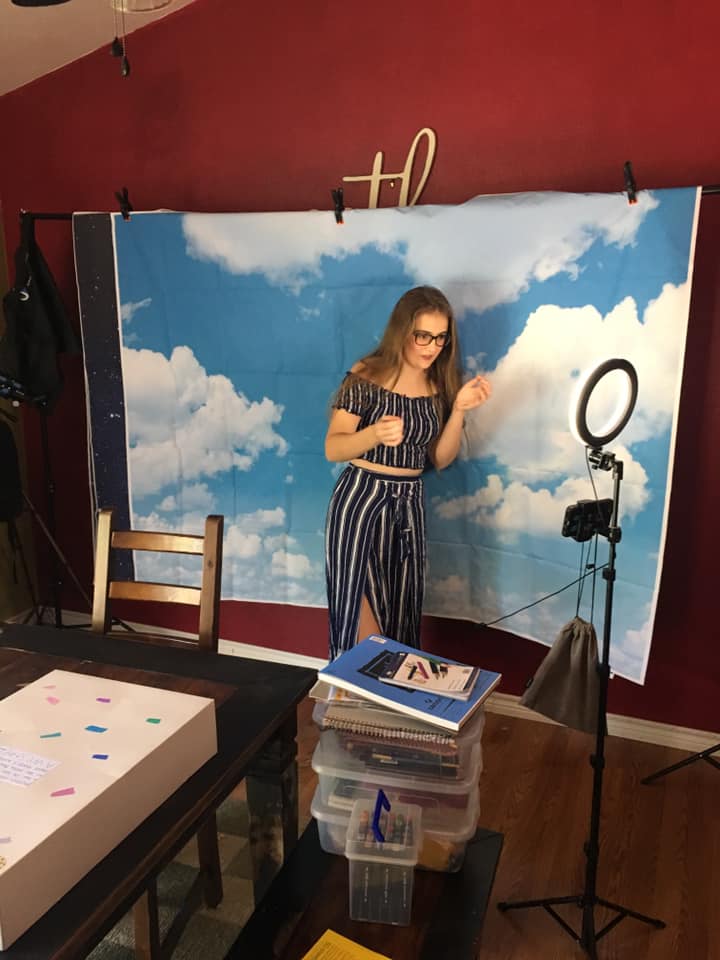
I have seen a lot of discussion about doing live virtual programming versus creating and sharing prerecorded videos. At the same time, I’ve seen my fellow librarians post about doing live programs that were invaded by racists, where adult males used it as an opportunity to chat up females in the group, etc. We’ve always had to worry about keeping our patrons safe in programs, but now that we’re online we have to worry about keeping our patrons safe in a platform in which things can be recorded or screenshot and shared forever.
I would recommend not going live as often as possible for several reasons. One, it helps you protect your patrons from the various scenarios you read about happening online. Two, it gives the library more control over the quality, content and messaging. If you take the time to put together and edit a quality video, you have more control over those things. Also, if you have staff that are just dipping their toes into online programming, having the ability to edit can help give assurances that they won’t look or sound bad online; it can help ease them into this new world.
But most importantly, it gives libraries more control over their public image and pr. I spent a lot of time on Twitter and I know that things get quickly screen shot and shared. One misstep can last forever so you’ll want to try to minimize the chances for those missteps to occur. And if you feel you need to go live for whatever reason, you’ll want to wait to do so until your staff become more comfortable and arguably better at virtual programming.
ADVERTISEMENT
ADVERTISEMENT
If or when you do choose to go live, put as many safeguards as you possibly can in place. Train staff how to handle various scenarios. Let them know it’s okay to end a program or kick a patron out if necessary. Use passwords, disable chats, etc. Come up with the best protocols that you can and make sure your staff are trained and empowered to react in the moment. And then back them up if they ever have to.
Yes, Copyright Still Matters
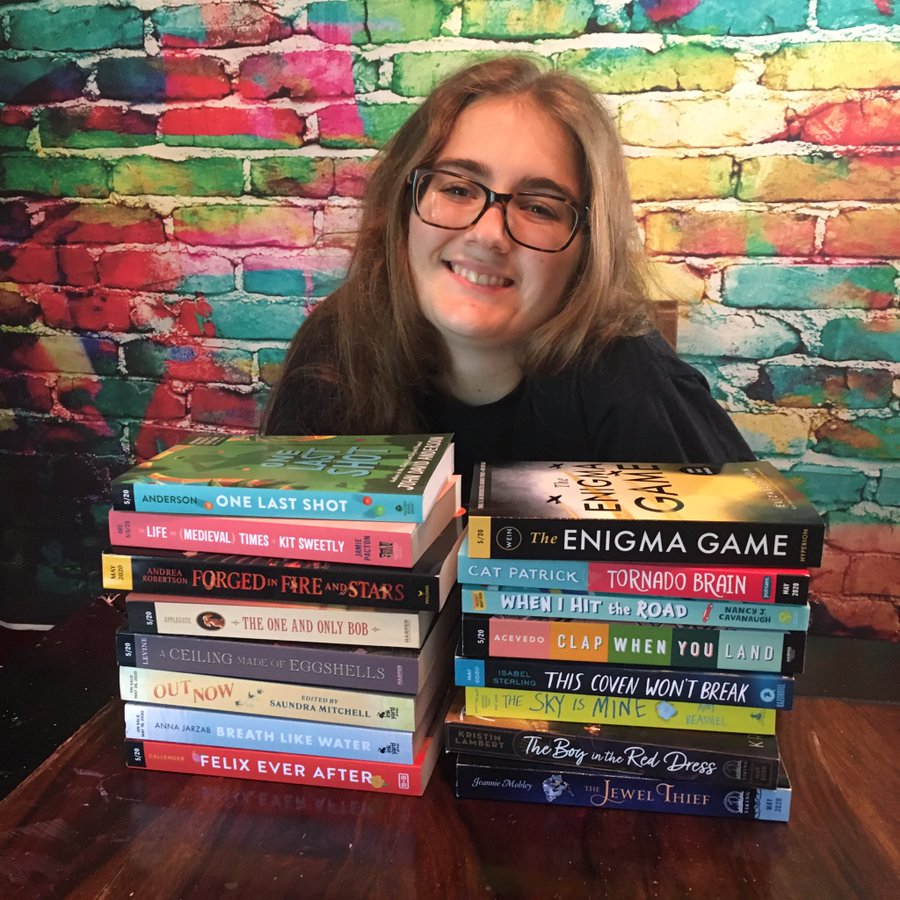
When libraries closed their doors and pivoted to virtual storytimes and programming, the issue of copyright immediately came to the forefront. I’ve seen arguments that copyright no long matters because we are in crisis, and that argument makes me uncomfortable. Especially now that you have publishers changing and giving us all specific copyright permissions to follow. As a profession that has been tasked with being models and instructors for things like information literacy, accessibility and yes, copyright, I think it’s vitally important that we continue to be that example and follow and uphold the law. Even when it’s wildly inconvenient to do so.
The pandemic won’t last forever. And though it will last longer than many people realize and the world will probably be more different when we get to the end of this, I think it’s important that we still follow copyright law and permissions. We would still want our patrons and our vendors and our legislators to respect and honor us, and we owe it to our partners to do the same. Publishers have given us written instructions about what they would like us to do in this time and I think it’s important to honor and respect that.
We all rushed into virtual programming because we had to. Now we can take a moment to pause, take a breathe, and look at how we can develop best practices. Have meetings with staff (virtually, of course), look at what other libraries are doing, and develop the practices that work best for your systems and staff. We don’t all have the same resources and we don’t all have the same staff, so it’s good to develop reasonable and meaningful expectations that work for our system. Figure out what the goals and best practices are for your system, get the tools you need to help make that happen, and then go. Be creative. Engage with your patrons. And find meaningful ways to keep doing the work and keep your staff and patrons safe through this pandemic.
You’re doing great. I promise.
Filed under: Uncategorized
About Karen Jensen, MLS
Karen Jensen has been a Teen Services Librarian for almost 30 years. She created TLT in 2011 and is the co-editor of The Whole Library Handbook: Teen Services with Heather Booth (ALA Editions, 2014).
ADVERTISEMENT
ADVERTISEMENT
SLJ Blog Network
Name That LEGO Book Cover! (#53)
Cover Reveal and Q&A: The One and Only Googoosh with Azadeh Westergaard
K is in Trouble | Review
Fighting Public School Book Bans with the Civil Rights Act
ADVERTISEMENT



